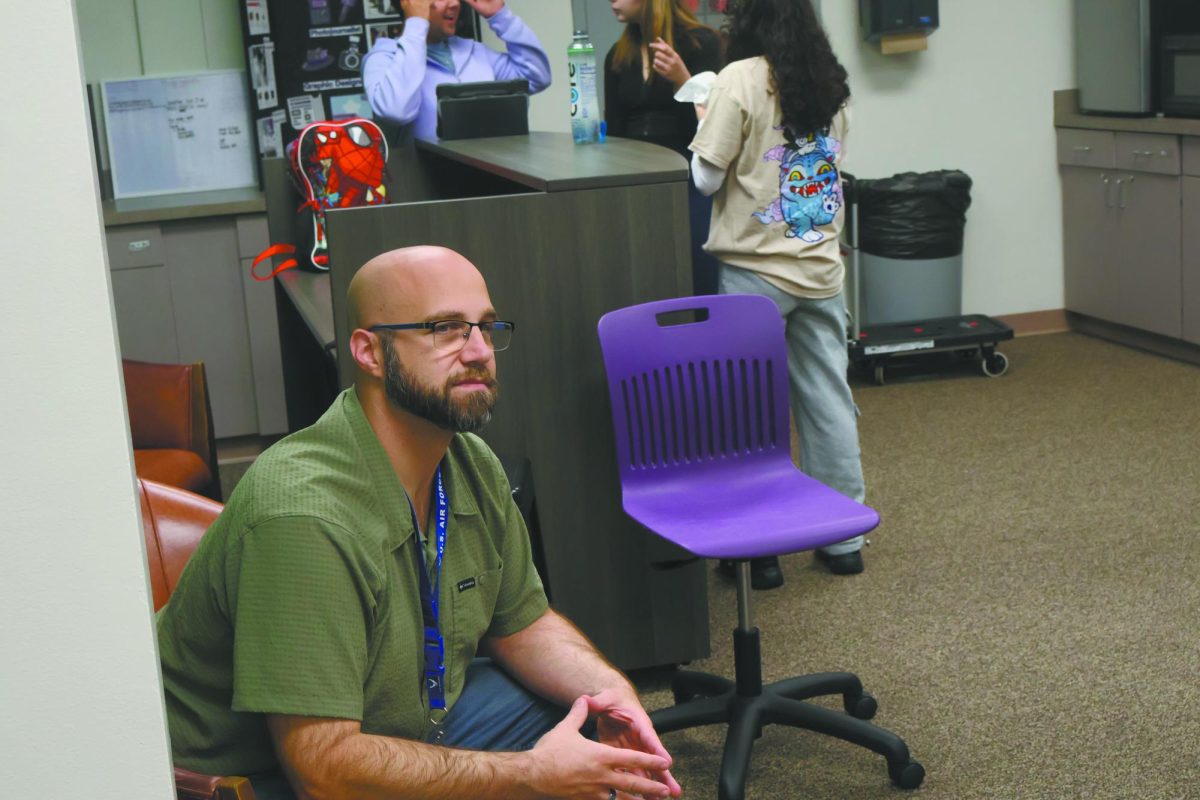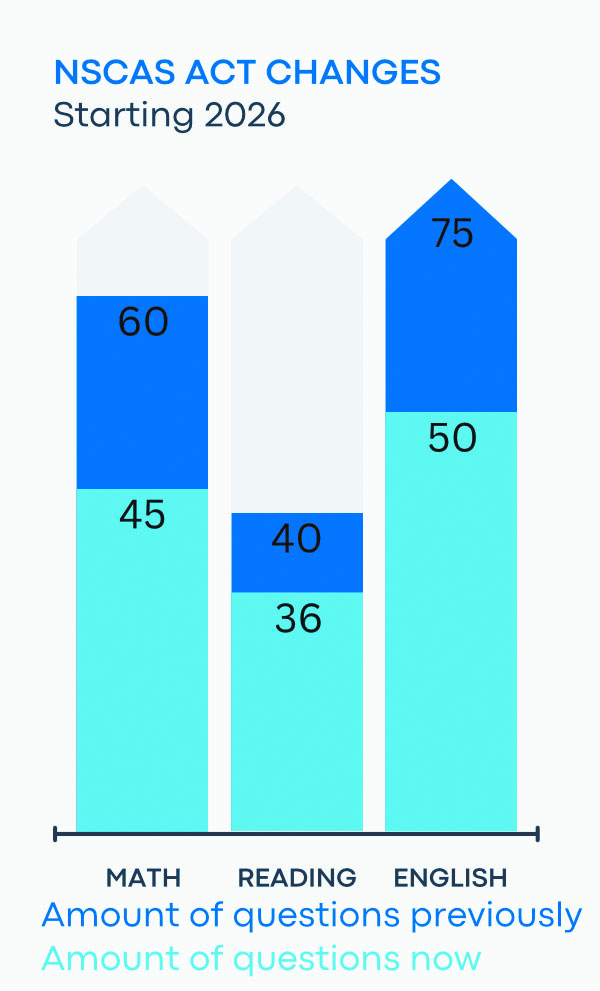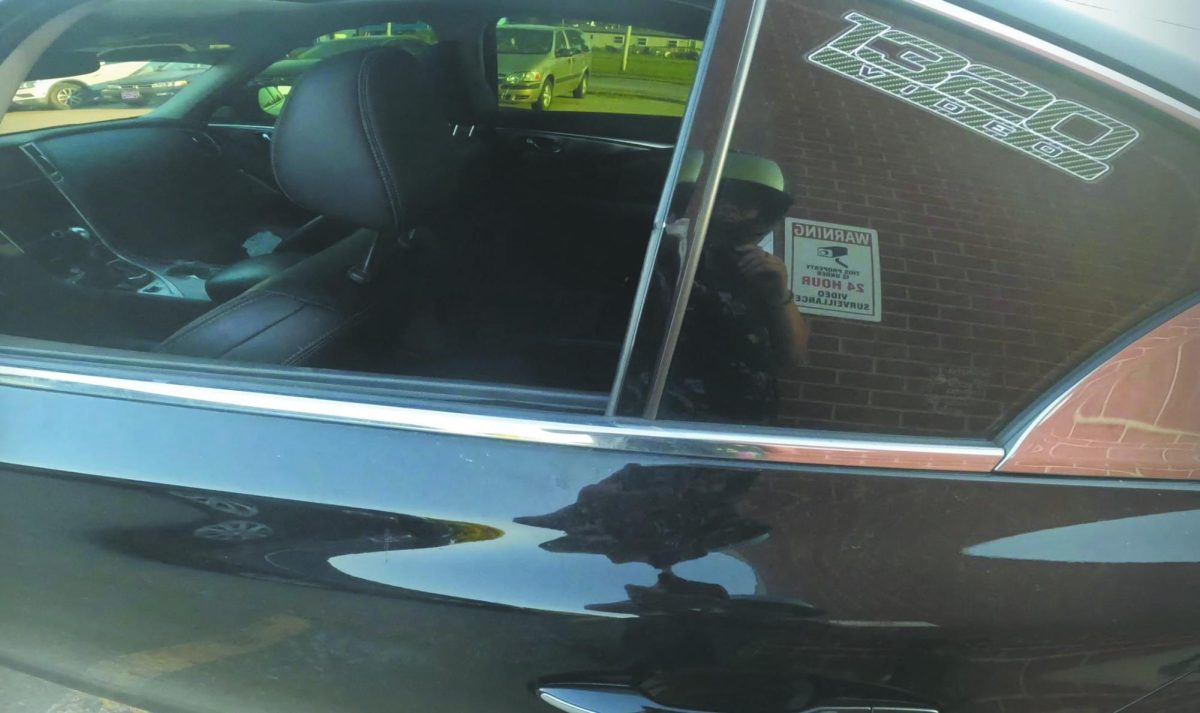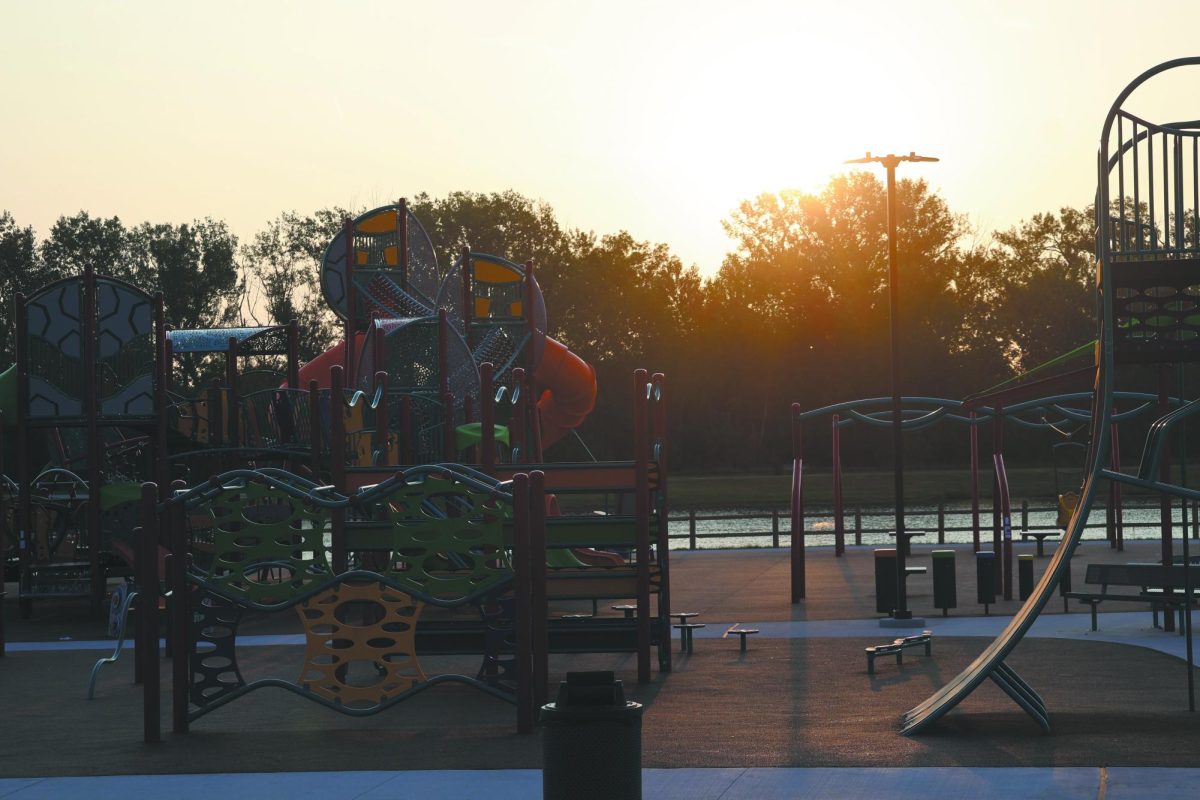To ensure compliance with a new state law, Bellevue Public Schools has expanded its policy regarding parental involvement in education for the 2025-26 school year.
The new changes include increased options for parents to review and exempt their children from instructional materials, among other updates. The updated policy was enacted on July 7th, 2025.
“It’s a common sense approach to how we need to involve parents in their child’s education,” Bellevue Board of Education President Maureen McNamara said. “I mean, it’s all the good practices that we’ve known for years.”
One language change is intended to include all caregivers of a student when facilitating educational involvement. While the policy previously included only “parents” in its language, the updated version also mentions “guardians or educational decisionmakers”.
“Now it’s just making sure that we’re inclusive of all of the caregivers in a child’s life, that we’re not leaving anybody out that needs to be part of the communication process,” McNamara said.
Parents and guardians are able to review newly specified instructional materials, including textbooks, tests, websites, teacher training materials, and more. They may also request that their child be excused from instructional activities, a practice that 54% of teachers and school leaders support, according to a 2021 survey by the EdWeek Research Center.
“Hopefully all instruction is good for the student and they need it,” McNamara said. “But if a parent doesn’t want a child to be part of something, they have the right to do that.”
Parents can also attend classes, assemblies, and counseling sessions, with the permission of the school principal. One parent, Tony Valenti, requested to sit in on his daughter’s class during the 2024-25 school year.
“Last year there was a teacher that my daughter had who seemed to be not doing a good job teaching,” Valenti said, “and I asked to sit in on the class… and that request was denied.”
Assistant principal Nathaniel Bacon said that while he could not comment on a specific case, district policy encourages and allows parents to visit the school. Valenti recently placed a separate request to visit the school, which was approved. While Valenti supports parental oversight in education, students like freshman David Nickisch are more hesitant about the idea of parents sitting in on classes.
“I’d kind of be embarrassed a little,” Nickisch said, “because my parents are right there watching me do what I do. I don’t think it’d be comfortable for me.”
When parents wish to sit in on counseling sessions, McNamara said the school will handle each instance on a “case by case” basis. The American School Counselor Association states that school counseling sessions should generally be confidential, with exceptions for things like student safety. However, state and federal laws allow parents and guardians to view medical records and other health information for their child.
“Well, it depends on the age of the child, and it depends on the nature of the session,” McNamara said. “I think there might be times when… it’s necessary for the parent to be there, even though the child might not want them there. But it depends on the topic of that session and what is best for that person.”
Another aspect of the updated policy is the addition of a complaint form, which allows parents and guardians to object to the use of instructional materials they disapprove of. If a complaint form is submitted, the school principal and a district committee will review the material in question.
“If it warrants a review, then a committee will review that… and look at our objectives and our standards to see if that’s something that we need to modify or if it’s okay to continue teaching it,” McNamara.
Finally, the new policy requires parents and guardians to be notified of student surveys that ask about religious and political affiliations, mental illness, illegal behavior, and “sex behavior or attitudes”. Parents and guardians are able to view and/or exempt their children from any surveys.
“I think that specific update is good, but I think that it’s even more important that parents be able to be very involved in the education aspect of the school,” Valenti said. “Like surveys are great, but I would feel much better if I actually could sit in on and observe.”
Parental oversight in education is proven to help students. A 2019 American Psychological Association review found that when parents are involved in their child’s schooling, students have higher academic achievement, engagement, and motivation.
“[My parents look at] my grades, what all to do for everything,” Nickisch said. “[I am] kind of thankful that they’re willing to help me with my school stuff.”
Some parents and guardians face obstacles to assisting their children, such as language barriers, discrimination, and work scheduling. Organizations like booster clubs and parent-teacher associations can increase parental involvement. While Bellevue East no longer has a parent-teacher association due to lack of parent interest, the school still focuses on parental involvement through parent-teacher conferences and events like student orientation and Back to School Bash.
“We always welcome parents and we have a really good percentage of parent involvement,” McNamara said. “So we just want to keep that up.”






![Supervising. Monitoring the girls restroom, Instructor Rebekah Sidzyik [LEFT] and instructor Shelly McCarty
[RIGHT] make sure students are safe in the restroom area and that they get to class on time. All teachers have to
monitor the restrooms starting this school year. "Well, it’s not what I got all my degrees for, but you know safety of
students is a probably tied with educating them so if things are unsafe in the bathroom them we probably should
be in there," Sidzyik said.](https://beaststudentmedia.org/wp-content/uploads/2025/09/IMG_0607-1200x800.jpg)